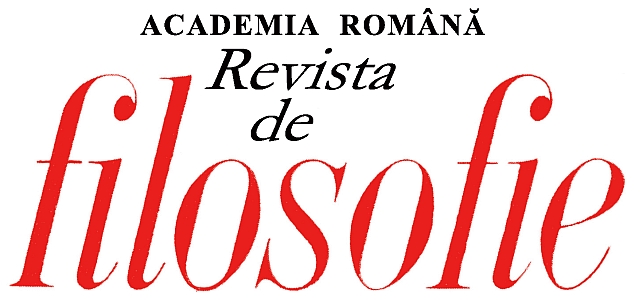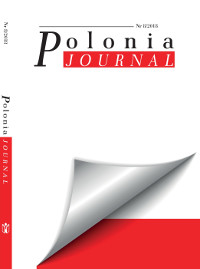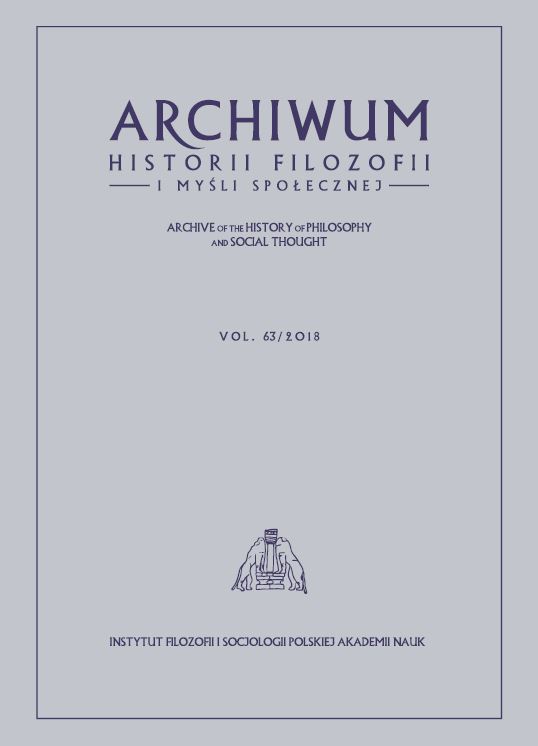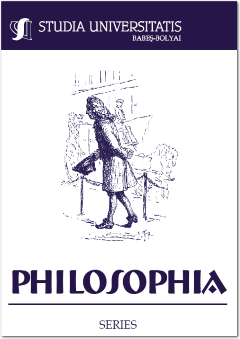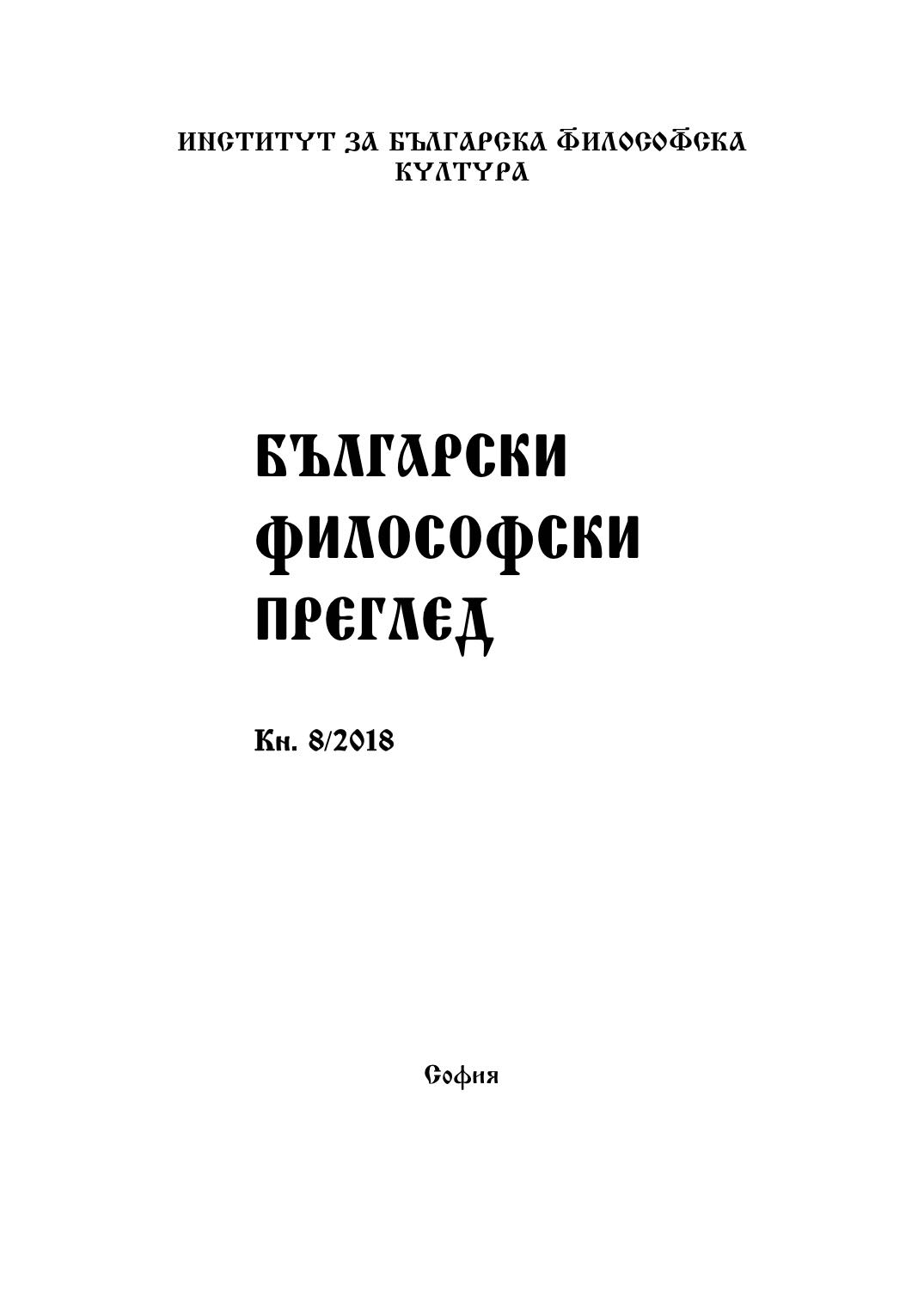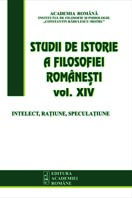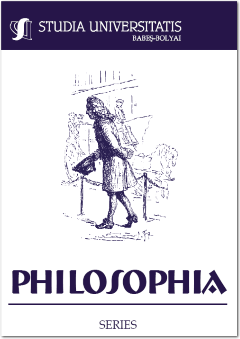
AUGUSTINE’S USE OF THE VERSES 1, 1 AND 1, 14 FROM THE GOSPEL OF JOHN IN THE FIRST TWO BOOKS OF ON THE TRINITY
Augustine’s use of the verses 1, 1 and 1, 14 from the Gospel of John in the first two books of On the Trinity. In books 1-2 of On the Trinity, Augustine uses recurrently two verses from the Gospel of John, namely 1, 1 (“In the beginning was the Word, and Word was with God, and the Word was God”) and 1, 14 (“And the Word was made flesh and dwelt among us”) in order to highlight the fact that Christ, in the form of a servant (forma servi) did not lose his divine form (forma Dei).
More...
